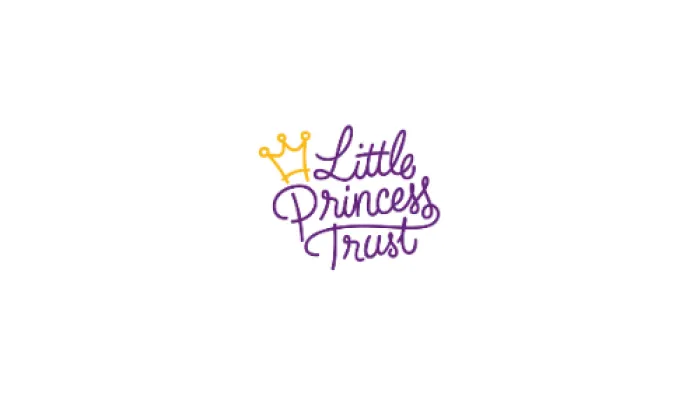Funded by the Little Princess Trust and administered by CCLG
Lead investigator: Dr Lizzie Tucker, The Institute of Cancer Research
Award: £197,661.00
Awarded May 2025
The challenge
Mutated versions of the anaplastic lymphoma kinase (ALK) gene drive the growth of multiple childhood cancers, such as neuroblastoma and lymphoma, making them harder to treat. There are medicines that make ALK less active in cancer cells, like lorlatinib, which is already used in some ALK-driven childhood cancers. However, the cancer can become resistant to the treatment, limiting the long-term usefulness of lorlatinib.
Another option is protein degradation therapy, a new class of drugs which aim to make the cancer cell eliminate certain proteins (such as ALK) – even when the cell needs them to survive. Protein degrader therapies are giving some remarkable responses in adult cancer clinical trials, but their potential has not yet been explored for childhood cancer.
The project
Dr Lizzie Tucker, part of Professor Louis Chesler’s team at The Institute of Cancer Research, will investigate whether ALK degraders could successfully treat ALK-driven cancers. They will consider a range of childhood cancers, but will look in more detail at neuroblastoma. They hope to show whether ALK degraders are better than lorlatinib and what the advantages of these treatments are in neuroblastoma.
Dr Tucker’s research will use advanced laboratory models, such as lab-grown cancer cells and genetically modified neuroblastoma cells. These have been altered to model the genetic changes found in patient tumours causing resistance to lorlatinib, to investigate whether the ALK degrader can slow cancer cell growth when lorlatinib cannot. The team are also creating neuroblastoma cells modelling the evolution of therapy resistance that will allow them to understand how the cancer cells become resistant to lorlatinib, and whether protein degradation of ALK would be a better alternative to avoid these types of resistance.
The impact
The researchers hope to find evidence that ALK degraders are effective across a number of childhood cancers, especially for cases where treatments like lorlatinib are no longer effective.

The Little Princess Trust
This project was funded by The Little Princess Trust. They fund research projects in partnership with CCLG, combining CCLG's research funding and grant management expertise with The Little Princess Trust's fantastic fundraising to support world-class scientific research.

